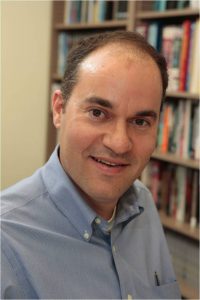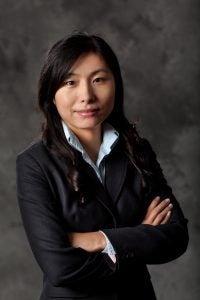Experts available to comment on Trump’s climate change executive order
The new order is an about-face on Obama’s policy to protect public health, reduce energy bills, create American jobs and bring clean power to communities
Contact: Zen Vuong at (213) 300-1381 or zvuong@usc.edu
President Donald Trump on Tuesday signed an executive order aimed at rolling back the Clean Power Plan rule and other Obama administration initiatives to reduce carbon emissions and fight climate change.
The Clean Power Plan, currently in judicial review, aims is to reduce carbon dioxide emissions by 32 percent from 2005 levels by 2030. Trump, who repeatedly has called climate change a hoax, is fulfilling his campaign promise to change course on Obama’s climate and energy policy direction. He claimed his actions will boost economic growth and create jobs while keeping energy and electricity costs affordable.
Researchers at The USC Sol Price School of Public Policy have looked at climate change, the growing risks to vulnerable populations and economic impact. Some of their research findings are available at https://priceschool.usc.edu/questions/environmental-policy.
USC experts are available to comment on what Trump’s climate change executive order could mean for public health, climate change and the economy.
____________________________________________________________
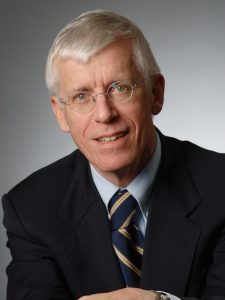 Former EPA Clean Air Scientific Advisory Committee Chair weighs in
Former EPA Clean Air Scientific Advisory Committee Chair weighs in
Jonathan Samet is a public health expert who specializes in health risks associated with air pollution and ozone. He is director of the USC Institute for Global Health at the Keck School of Medicine of USC. Samet has served as a chair of the EPA Clean Air Scientific Advisory Committee (CASAC).
Contact through Zen Vuong at (213) 300-1381 or zvuong@usc.edu
____________________________________________________________
Matthew Kahn is an expert in climate change policy, energy efficiency and climate change economics. He is author of “Fundamentals of Environmental and Urban Economics,” a book that explains and offers ways to solve urban pollution challenges. Kahn is a professor of economics at the USC Dornsife College of Letters, Arts and Sciences.
Contact: kahnme@usc.edu
____________________________________________________________
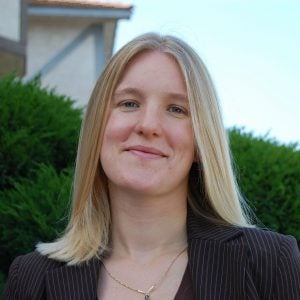 How the climate of the past informs the present
How the climate of the past informs the present
Sarah Feakins studies the carbon cycle, the balance between the amount of carbon dioxide in the atmosphere and the amount locked up in the earth. She specializes in climate of the past and drought cycles in the western United States. Feakins is an associate professor of earth sciences at the USC Dornsife College of Letters, Arts and Sciences.
Contact: (213) 740-7168 or feakins@usc.edu
____________________________________________________________
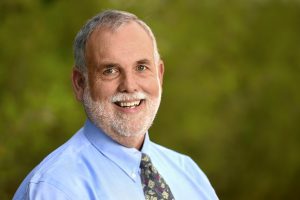 Speaking of environmental health
Speaking of environmental health
Frank Gilliland is an expert in respiratory health, air pollution and environmental epidemiology. Gilliland and his colleagues lead the Children’s Health Study, one of the largest and most detailed studies of the long-term effects of air pollution on the respiratory health of children. He is a professor of preventive medicine at the Keck School of Medicine of USC.
Contact: (323) 442-1096 or gillilan@usc.edu
____________________________________________________________
Yan Liu is an expert in climate change informatics. She uses machine learning and data mining to study climate science, health, biology and social media. Liu is an associate professor of computer science at the USC Viterbi School of Engineering.
Contact: (213) 740-4371 or yanliu.cs@usc.edu
# # #

